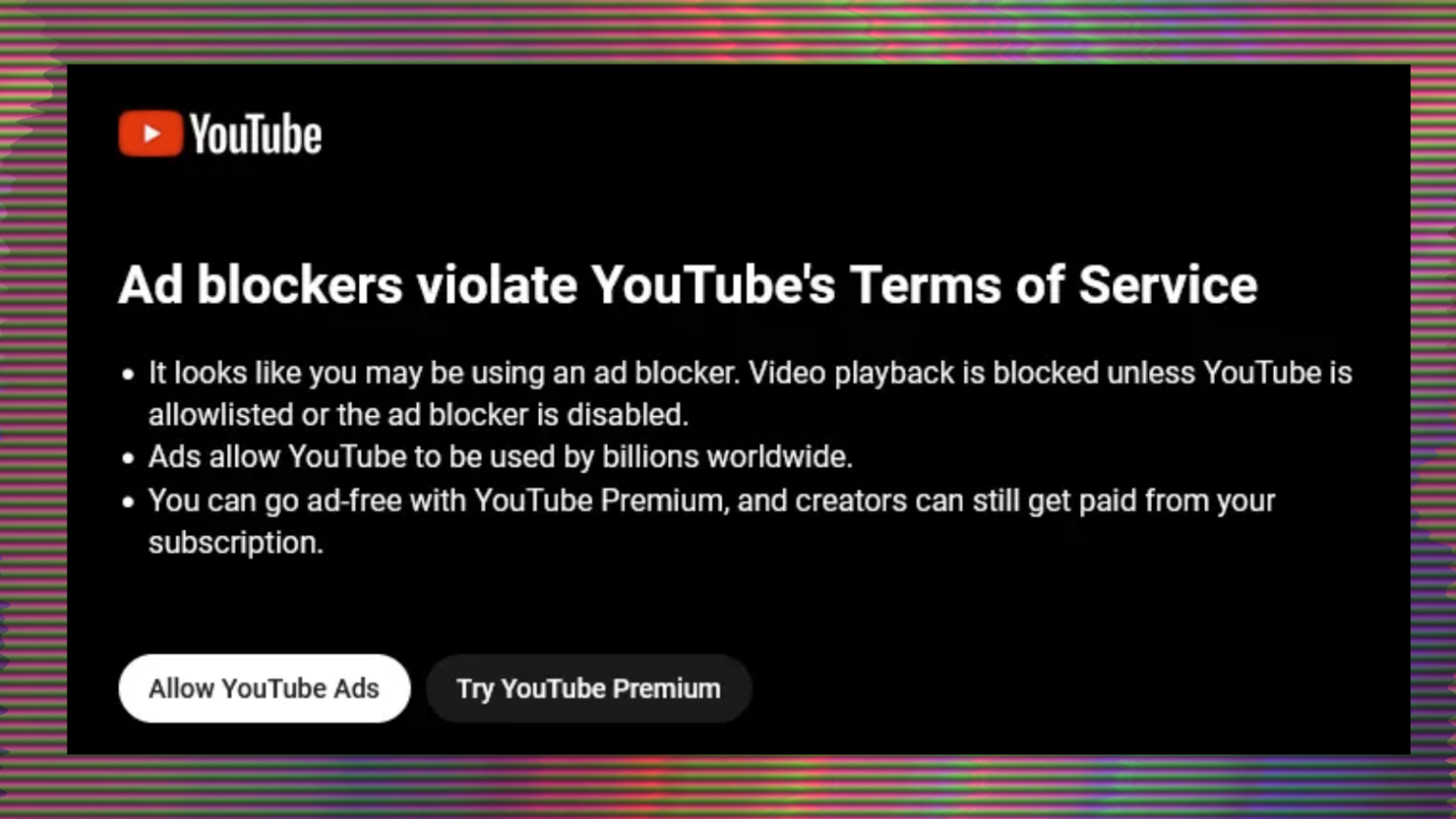- cross-posted to:
- [email protected]
- cross-posted to:
- [email protected]
Another great article from 404 Media highlighting the power that the tech giants have amassed over how how we use the internet.
This brings me, I think, to the elephant in the room, which is the fact that Google has its hands on quite literally every aspect of this entire saga as a vertically integrated adtech giant.
This extreme power over the adtech and online advertising ecosystem is one of the subjects of an FTC antitrust suit against Google.



The problem with youtube in particular is there is no way to build an alternative that’s as good as YouTube (ignoring all the bad bits they’ve added). PeerTube is nice to have around, but it’s not as fast and doesn’t have all the content as youtube. There’s also Nebula, which is alright. It’s not free and doesn’t have as much content, but it’s usually a higher quality.
You’re obviously right. But it’s funny to me; I find it easy to imagine a world where staying independent and hosting your own stuff was seen as cooler. Instead of YouTube and Google Buzz, we ran RSS clients akin to Outlook and Thunderbird. They torrent and seed media we’re subscribed to while we’re at work or class. It’s saved on a home server. We walk in and simply toss it up on our desktop or TV. (Or maybe a mobile client streams from your home server over the Internet or over your home Wi-Fi if you’re at home )
And if you visited the website instead of YouTube’s recommendations, The creator just adds a few RSS feeds on the backend to pull thumbnails from, of other creators’ sites they enjoy.
Crazy how easy it is to daydream though, when I’m not the one putting the work in.
Sadly, money trumps “cool” most of the time.
RSS would have been it. Ask around how many people even get the concept of it.
We have had it all but people chose the dumb version of it.
There was a world before YouTube. It grew from humble beginnings. Granted it didn’t have an incumbent to fight off, but it had all the server issues, bandwidth issues and similar.
The only thing that stops someone else doing it is the user base.
I mean, assuming that’s exactly what people wan, “exactly youtube but cheaper”, then yeah it’s an impossible and thankless task to even try something of that scale. Instead it’s better to think of building youtube alternatives that are focused on one or two parameters that allow organizational optimizations. For example, much of the issue that people complain about is the storage, but a YT-alt that dedicates to eg.: archivism of old TV shows, that scan at best at 480p or 360p, wouldn’t need to spend that much in storage compared to a service that is trying to serve 4K UHD 120fps Subwoofer Surround; that combined with the topical focus suddenly makes it much more scaleable and approachable.
I’m always a bit shocked the worlds governments don’t start offering free email/hosting to their citizens. It’d give them a cheap way to surveil that was “opt-in” (but would probably catch a lot of dumb people) and everyone would have a “verified” email for official stuff too. It seems like a good investment to me.
What about Vimeo?
I’m also curious why people pretend it doesn’t exist when they say “there is no other video uploading platform like youtube”
Vimeo is expensive, I don’t know how it works today, but when I tried it, I had to pay to upload some videos.
ok, I think I had missed this crucial difference in the business model lol
Interesting! I had no idea.
What happened to dailymotion and vimeo?
More the commercial/pro side of things. They cost money.